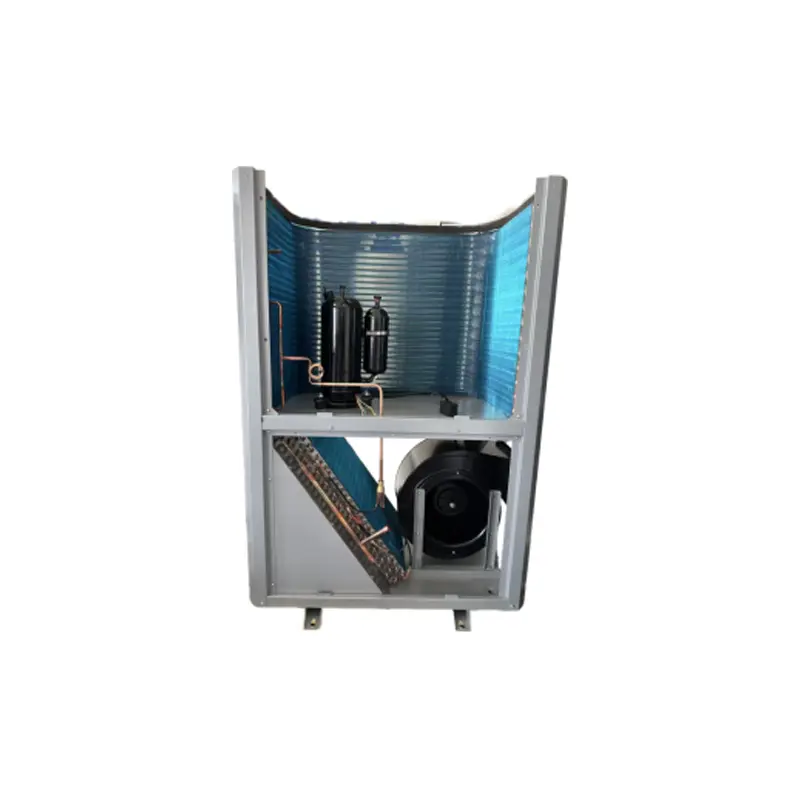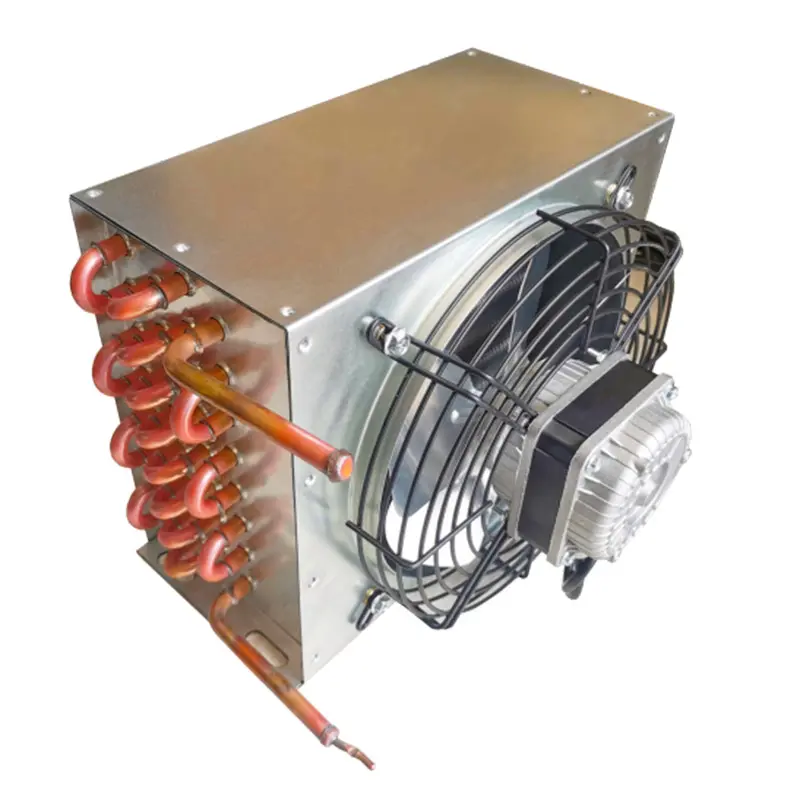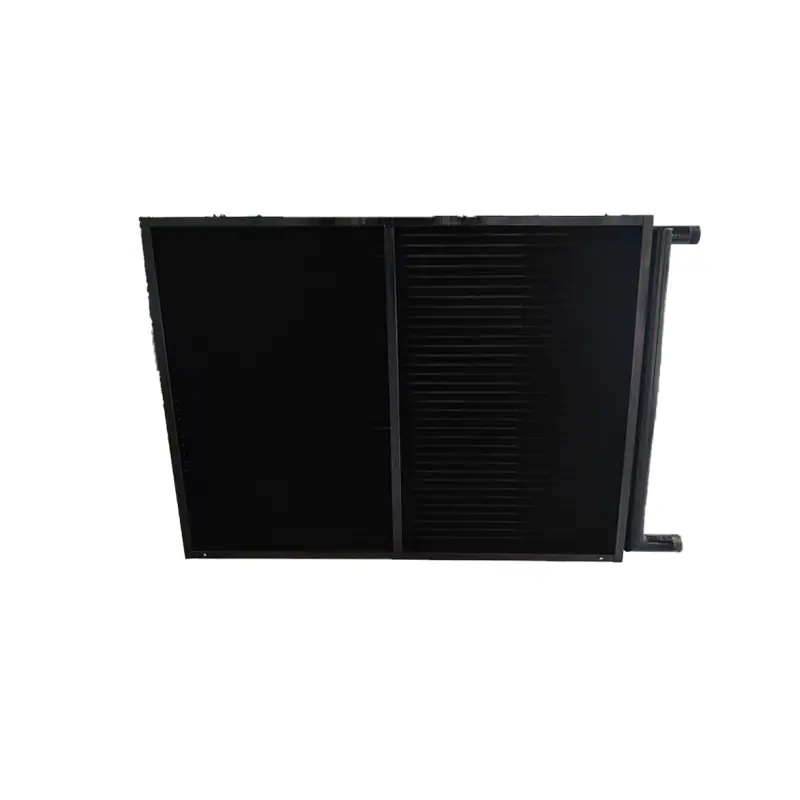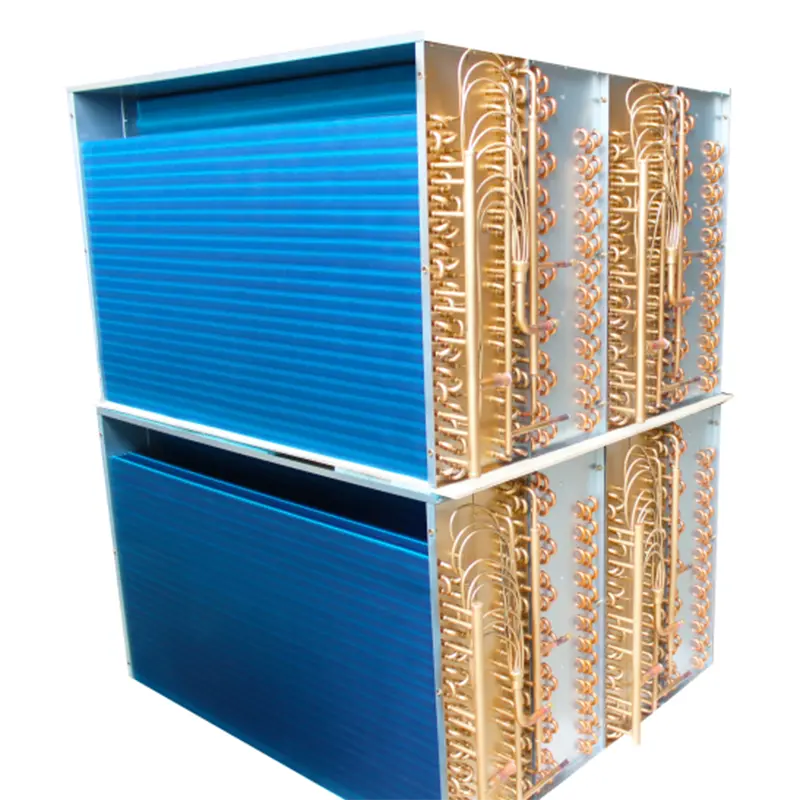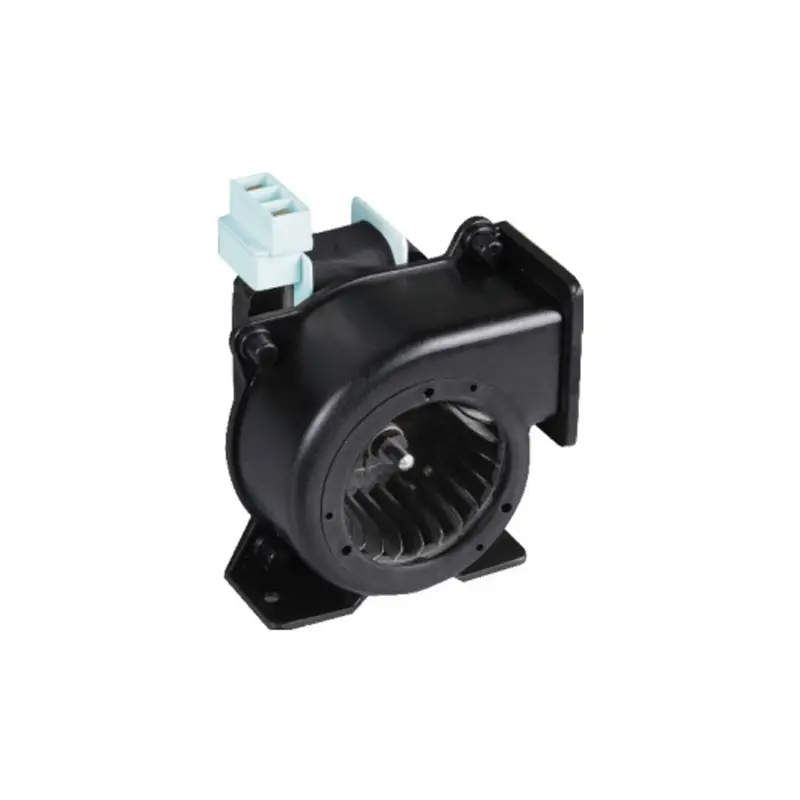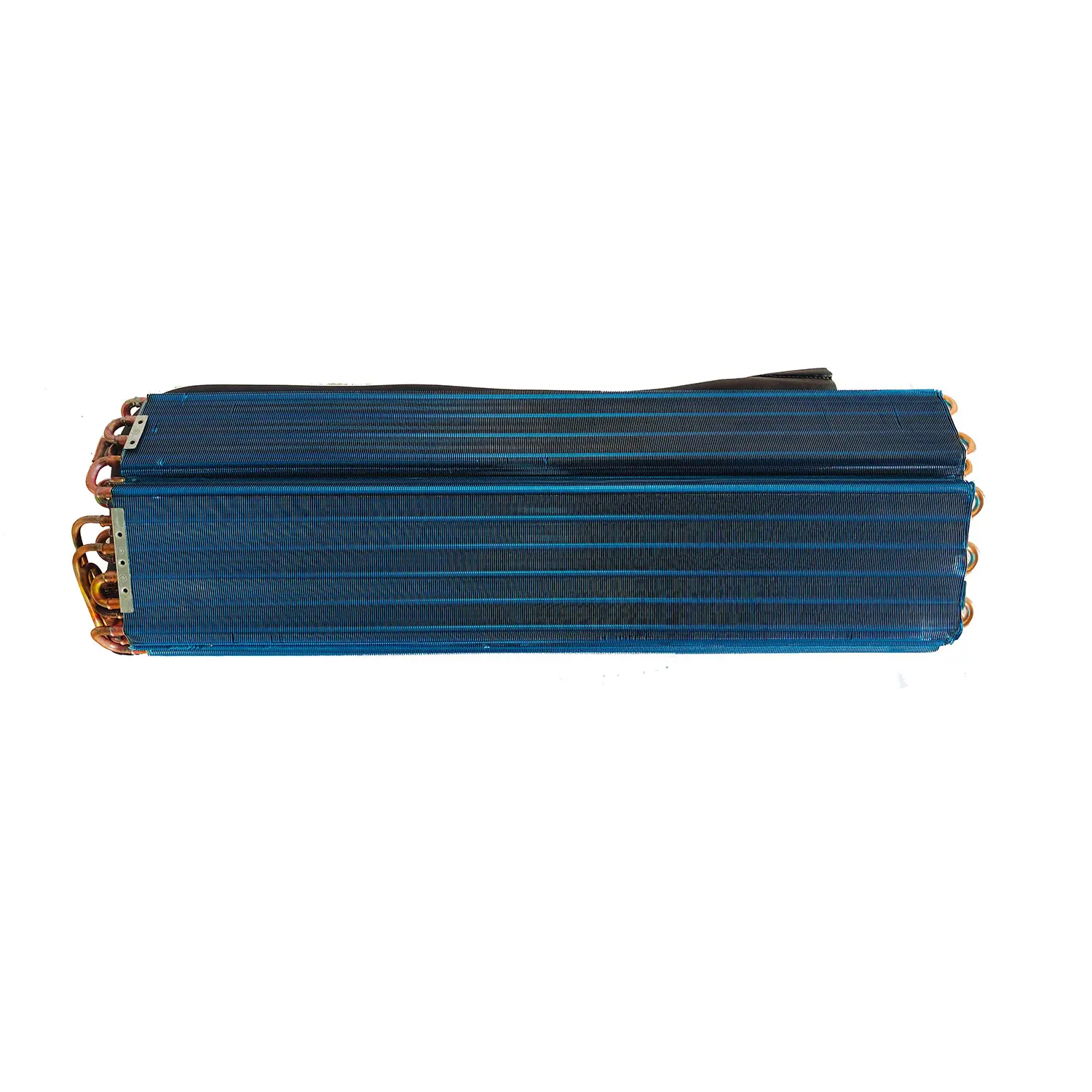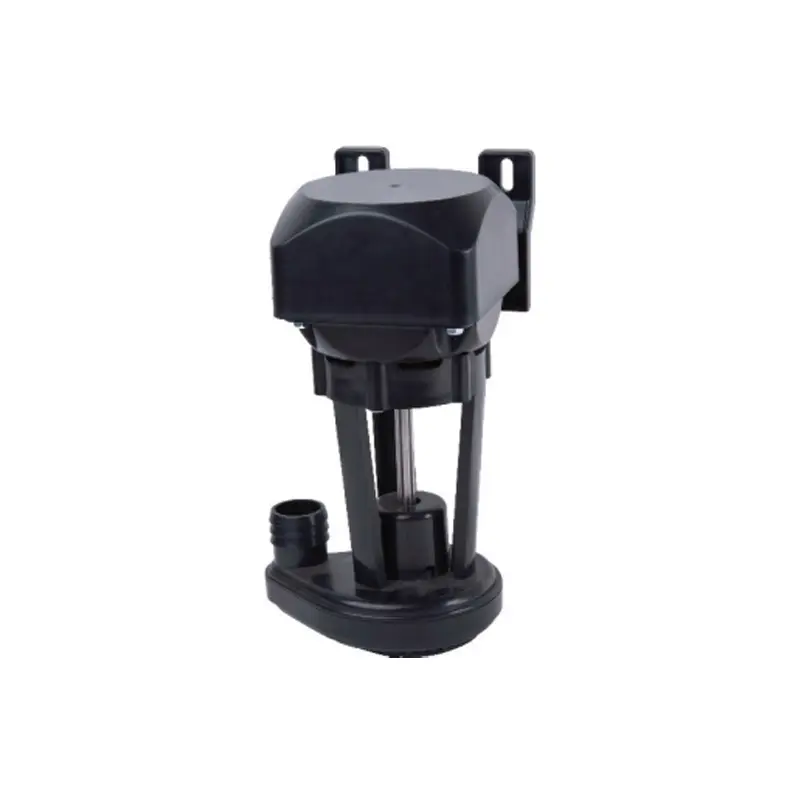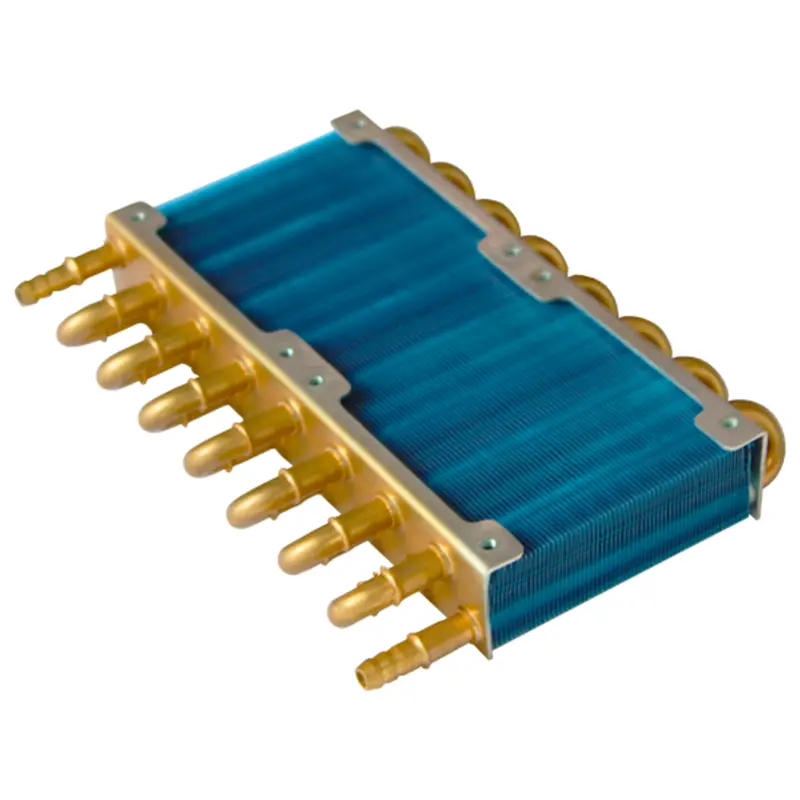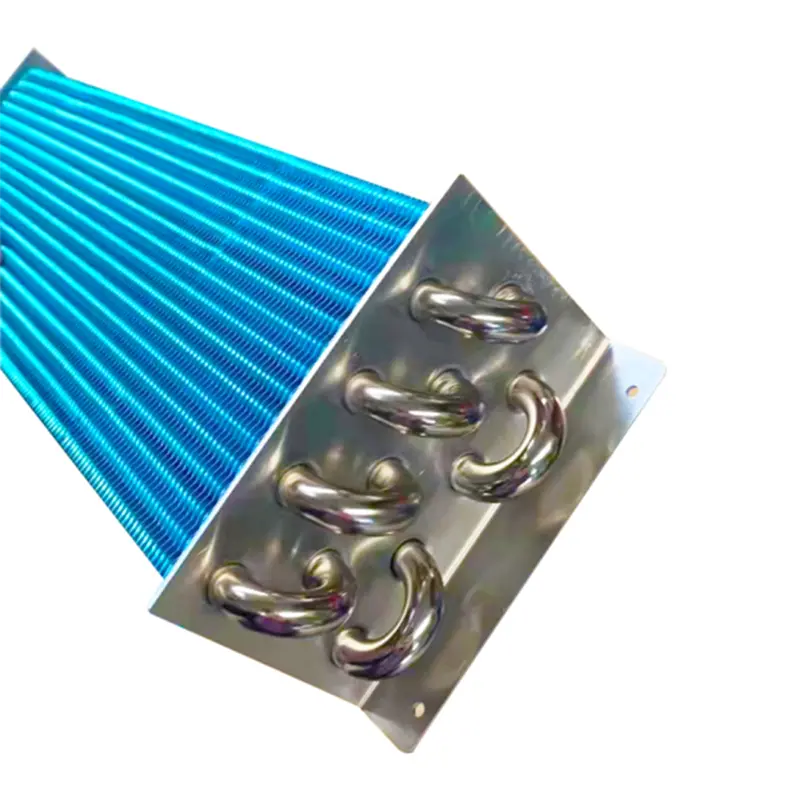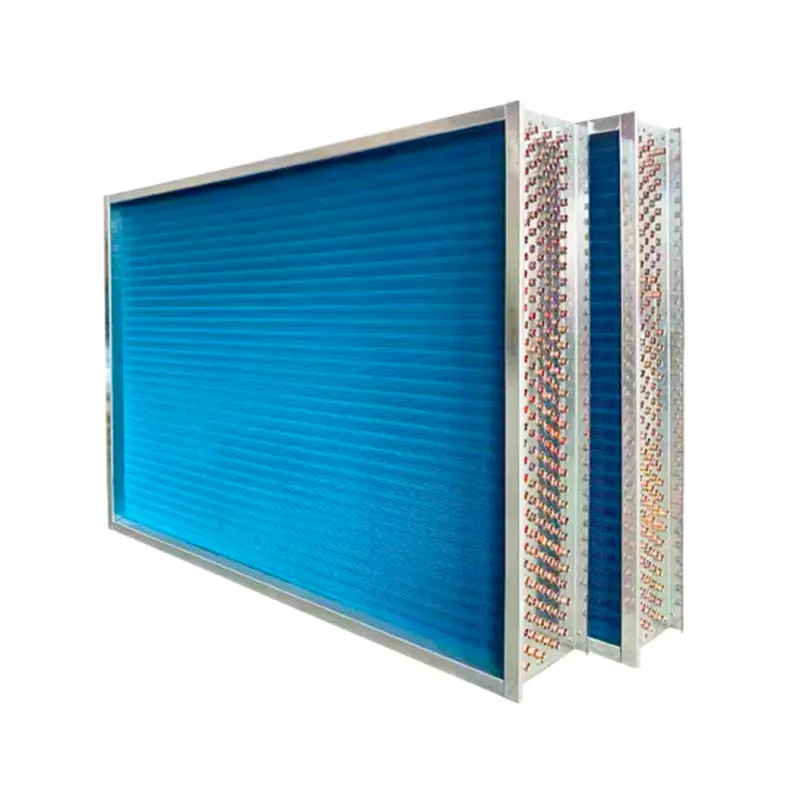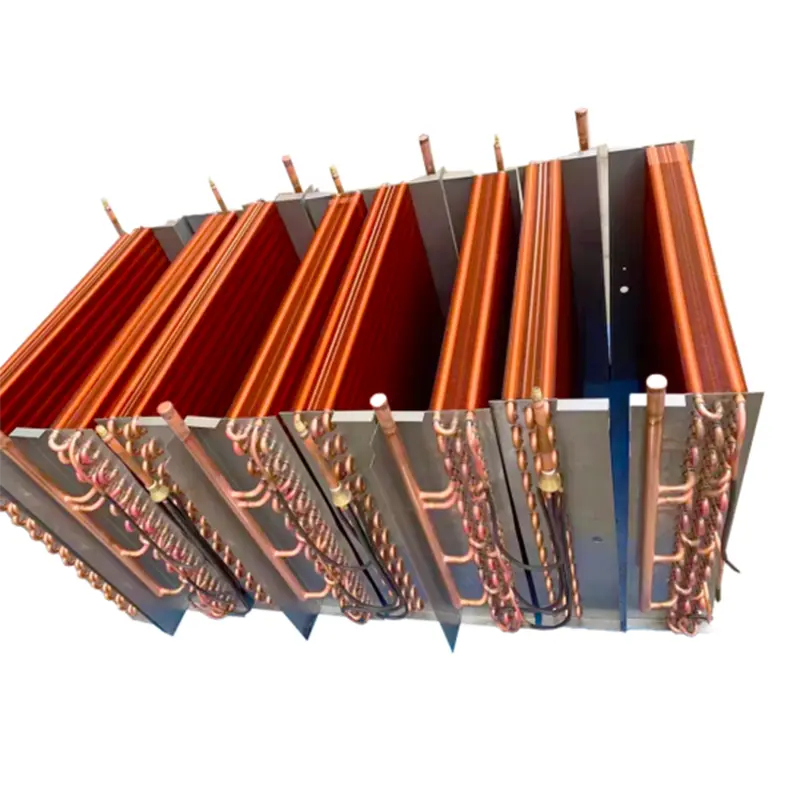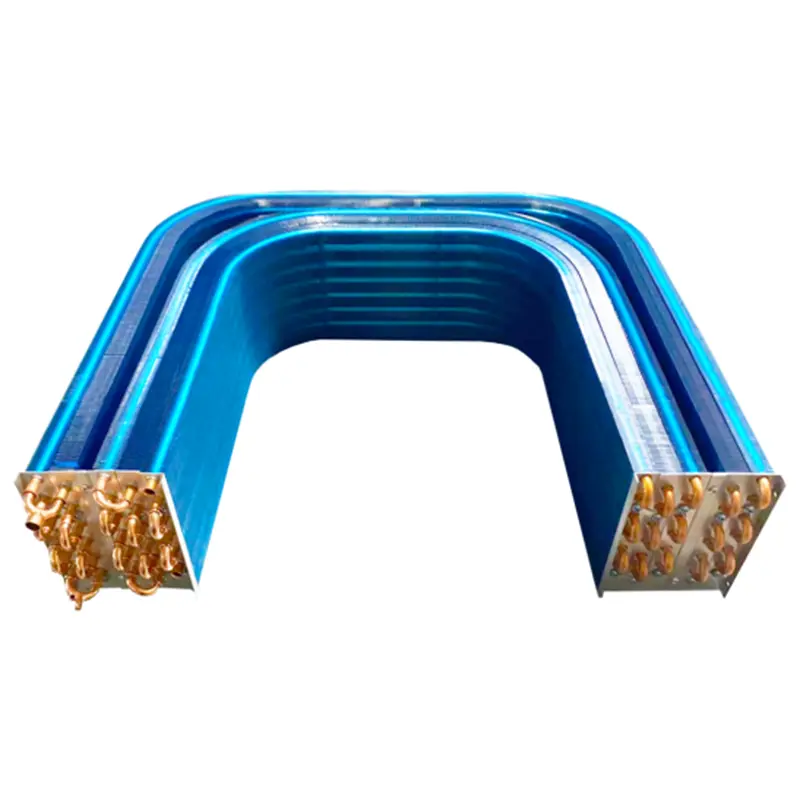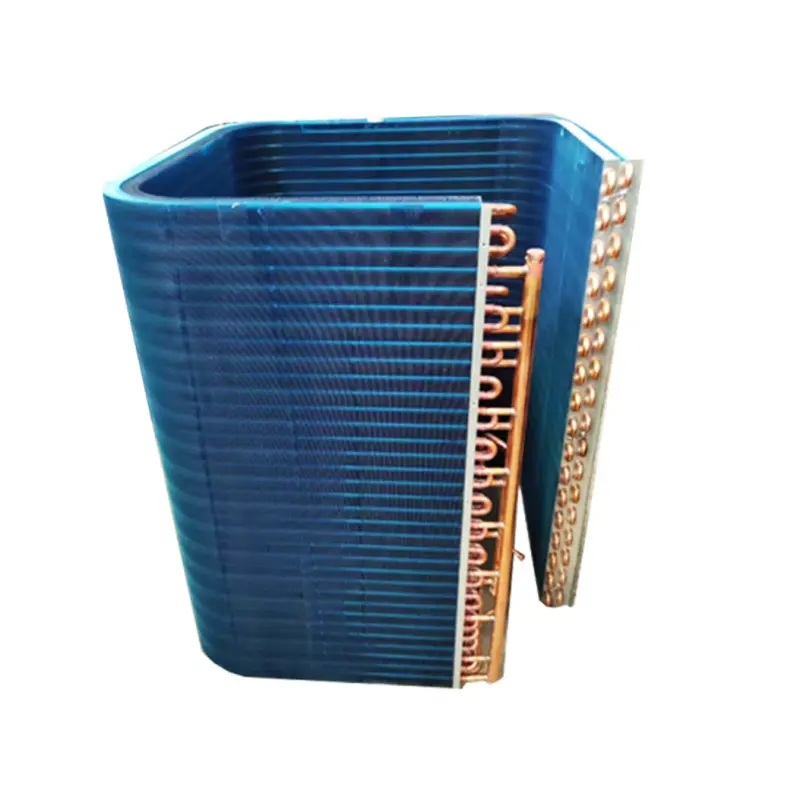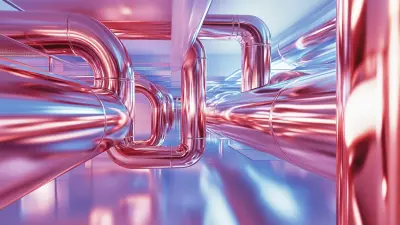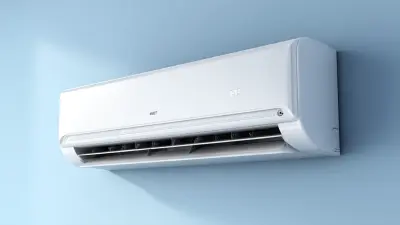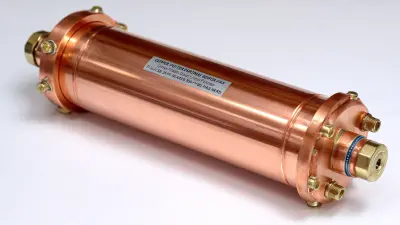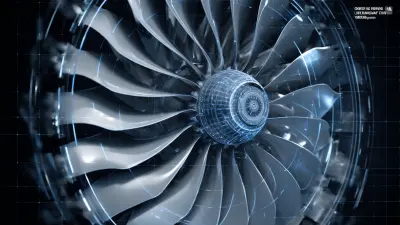China Heat Exchanger for Heat Pump - Leading Manufacturers & Suppliers
When it comes to energy efficiency and thermal management, Ningbo Senjun New Materials Co., Ltd. offers cutting-edge Heat Exchangers specially designed for heat pump applications. These robust and innovative heat exchangers facilitate optimal heat transfer, ensuring that your heat pump operates at peak performance, Crafted from high-quality materials, our heat exchangers are engineered to withstand various environmental conditions while maximizing energy transfer efficiency. This results in reduced energy consumption and lower operational costs, making them an ideal choice for both residential and commercial systems, With a focus on durability and reliability, our products are subjected to rigorous testing to meet industry standards. The versatile design allows for easy integration into different heat pump configurations, providing unmatched flexibility, Choose Ningbo Senjun New Materials Co., Ltd. for heat exchangers that enhance your heat pump's efficiency, ensuring a sustainable and cost-effective solution for your heating and cooling needs. Experience the difference in performance and reliability today!
Must-Know Tips For Heat Exchanger For Heat Pump Pioneers in the Field in 2025
As we look towards 2025, the heat pump industry continues to evolve, and understanding the intricacies of heat exchangers is crucial for pioneers in the field. At Ningbo Senjun New Materials Co., Ltd., we specialize in the design and production of high-performance wire tube condensers and copper-aluminum fin heat exchangers tailored for various applications, including refrigerators, freezers, and display cabinets. Here are some must-know tips to ensure your heat exchanger systems remain at the forefront of technology. First, material selection is vital. The efficiency and longevity of heat exchangers significantly depend on the materials used. High-quality copper and aluminum not only enhance thermal conductivity but also resist corrosion, ensuring optimal performance over time. As energy efficiency standards tighten globally, investing in advanced materials will reduce operational costs and improve sustainability. Secondly, consider the design and maintenance aspects. A well-designed heat exchanger facilitates better fluid flow and maximizes heat transfer efficiency. Additionally, regular maintenance is essential to prevent fouling and ensure optimal operation. By partnering with a reliable supplier like Ningbo Senjun, you can access innovative designs and expert support to optimize your heat pump systems, helping your business to thrive in an increasingly competitive market.
Must-Know Tips For Heat Exchanger For Heat Pump Pioneers in the Field in 2025
| Tip | Description | Importance Level | Implementation Date |
|---|---|---|---|
| Regular Maintenance | Ensure heat exchangers are checked and serviced bi-annually. | High | 2025 |
| Monitor Temperature Variations | Track and record temperature changes to identify potential issues early. | Medium | 2025 |
| Use of Advanced Materials | Select corrosion-resistant and heat-conducive materials for better efficiency. | High | 2025 |
| Optimize Flow Rates | Adjust fluid flow rates to match the heat load for maximum efficiency. | High | 2025 |
| Train Personnel | Invest in training staff to ensure proficient handling and maintenance. | Medium | 2025 |
Must-See List Heat Exchanger For Heat Pump Industry Leaders From Concept to Delivery
J
Jessica Patel
The quality of the item is remarkable! Plus, the customer service was so professional and helpful throughout the entire process.
05 July 2025
E
Ella Simmons
Incredible durability and quality! The customer service representatives were professional and efficient.
04 July 2025
M
Mia Foster
Outstanding quality! The customer service representatives were extremely professional and attentive.
06 July 2025
M
Mia Thompson
The product is fantastic! The quality stands out, and the service team was very helpful throughout.
04 June 2025
A
Amelia King
The quality is excellent! The after-sales support staff were polite and very accommodating.
02 June 2025
I
Isabella Edwards
This item is of superior quality! The customer support team was prompt and incredibly helpful.
03 June 2025










